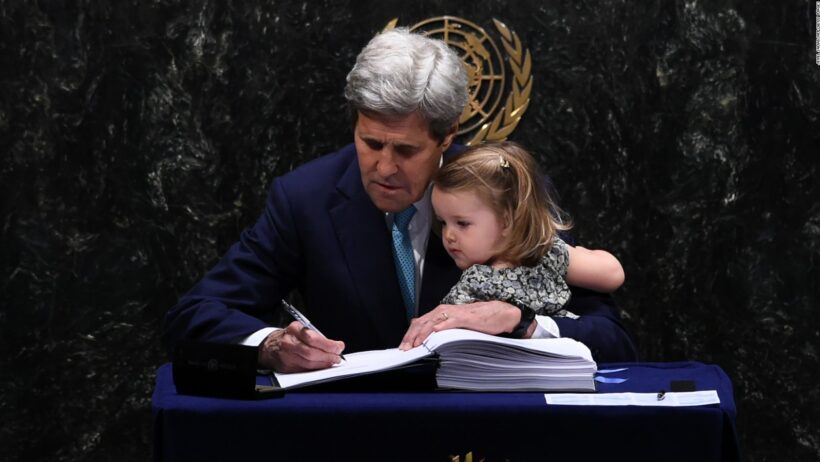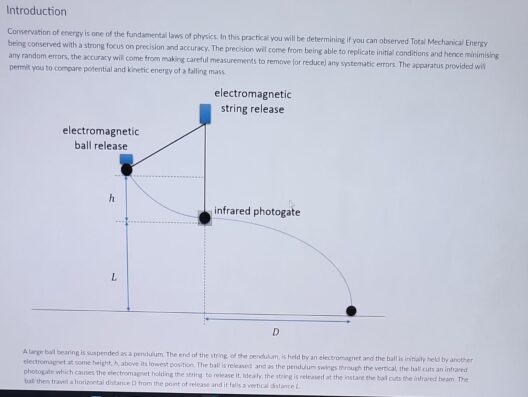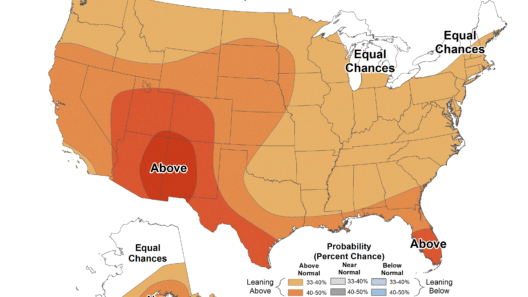The Paris Climate Agreement, a landmark accord forged in 2015, stands as a significant pivot in global climate policy. Notably, the involvement of the United States in this pivotal treaty has fluctuated dramatically, reflecting a microcosm of the larger American political landscape. This essay delves into the nuanced history surrounding the U.S. engagement with the Paris Agreement, its implications, and the multifaceted reasons behind America’s oscillating commitment to this vital international accord.
At its heart, the Paris Agreement aims to limit global warming to well below 2 degrees Celsius above pre-industrial levels, while pursuing efforts to limit the temperature increase to 1.5 degrees Celsius. The accord represents an unprecedented consensus among nearly every nation on the necessity of addressing the climate crisis collectively. Yet, the narrative of U.S. participation is riddled with contradictions, political stratagems, and an underlying tension between national interests and global responsibility.
Initially, the U.S. exhibited a pioneering spirit. Under the Obama administration, the United States played a crucial role in galvanizing international consensus around climate action, culminating in the country’s formal signature of the Paris Agreement on April 22, 2016. This decision was pivotal, as it signified a commitment to reducing greenhouse gas emissions and was accompanied by ambitious targets. The administration set a goal to reduce emissions by 26-28% by 2025 compared to 2005 levels, a stance that underscored the U.S.’s acknowledgment of its historical contributions to global carbon emissions.
However, the political landscape shifted dramatically with the election of Donald Trump in 2016. The new administration adopted a decidedly anti-climate posture. In a move reminiscent of a pivot away from global cooperative engagement, Trump announced the United States’ withdrawal from the Paris Agreement on June 1, 2017. This decision reverberated globally, eliciting significant dismay and skepticism about American leadership on climate change. Critics argued that withdrawal was motivated not only by economic considerations but also by an ideological reluctance to align with what they perceived as an encroachment on national sovereignty.
The rationale behind Trump’s exit was predominantly framed around economic imperatives. The withdrawal was depicted as a means to protect American jobs and industries from what the administration characterized as regulatory overreach stemming from international commitments. Yet, this argument belies a deeper, more intricate reality. The intertwined relationship between climate action and economic opportunity is often oversimplified. Transitioning to renewable energy and implementing sustainable practices can catalyze job creation, foster innovation, and lead to long-term growth.
In contrast to the withdrawal, sentiments among the American populace did not necessarily reflect Trump’s isolationist stance. Numerous states, cities, and private enterprises took it upon themselves to uphold the commitments outlined in the Paris Agreement, signifying an emergent recognition that climate change is not merely an environmental concern, but an economic and social one as well. This grassroots movement operated under the banner of “We Are Still In,” underscoring a collective determination to fight climate change independent of federal directives.
The election of Joe Biden in 2020 marked a renaissance in American participation in global climate efforts. Upon taking office, he promptly rejoined the Paris Agreement, signaling a renewed commitment to multilateralism and global cooperation. Biden’s decision to recommit the U.S. to the accord is both politically and symbolically significant. It sends a clear message to the international community that the United States recognizes its historical responsibility and is prepared to engage with nations in the collective fight against climate change.
However, rejoining the Paris Agreement is merely the beginning of a more extensive challenge. The Biden administration faces the daunting task of translating international commitments into actionable domestic policies. The ambitious goals set forth in the agreement necessitate thorough engagement with various stakeholders, alongside the establishment of robust regulatory frameworks that promote sustainability without stifling economic growth. In this context, the inertia of politicized climate discourse poses an ongoing challenge to achieving meaningful progress.
A pivotal aspect of America’s engagement with the Paris Agreement lies in the broader implications of climate diplomacy. The United States, with its substantial economic clout, has a unique capacity to influence the trajectory of global climate policy. History has shown that U.S. action — or inaction — can set the tone for international negotiations and collaborative efforts. Thus, the stakes are not just about adherence to the accord but also about leading by example and fostering a collective sense of responsibility across nations.
The intricacies of America’s relationship with the Paris Agreement reveal that it is not merely about signing treaties; it is about crafting a sustainable legacy. The oscillation between engagement and withdrawal underscores the complexities of climate politics, where short-term political gains can overshadow long-term existential threats. As the U.S. embarks on this renewed chapter, it is imperative that the dialogue around climate change evolves from one of divisiveness to one of unity, emphasizing a global imperative that transcends partisan boundaries.
In conclusion, the full story of the U.S. and the Paris Climate Agreement encapsulates a broader commentary on the nature of governance, responsibility, and our shared future. The commitment to combat climate change requires not just governmental policy shifts but an awakening of collective consciousness. The journey ahead demands unwavering resolve, collaboration, and a steadfast commitment to safeguarding the planet for future generations. The world watches closely, and the actions of today will undeniably shape the legacy of tomorrow.







